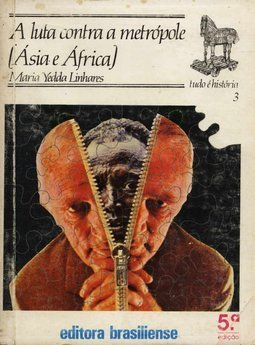

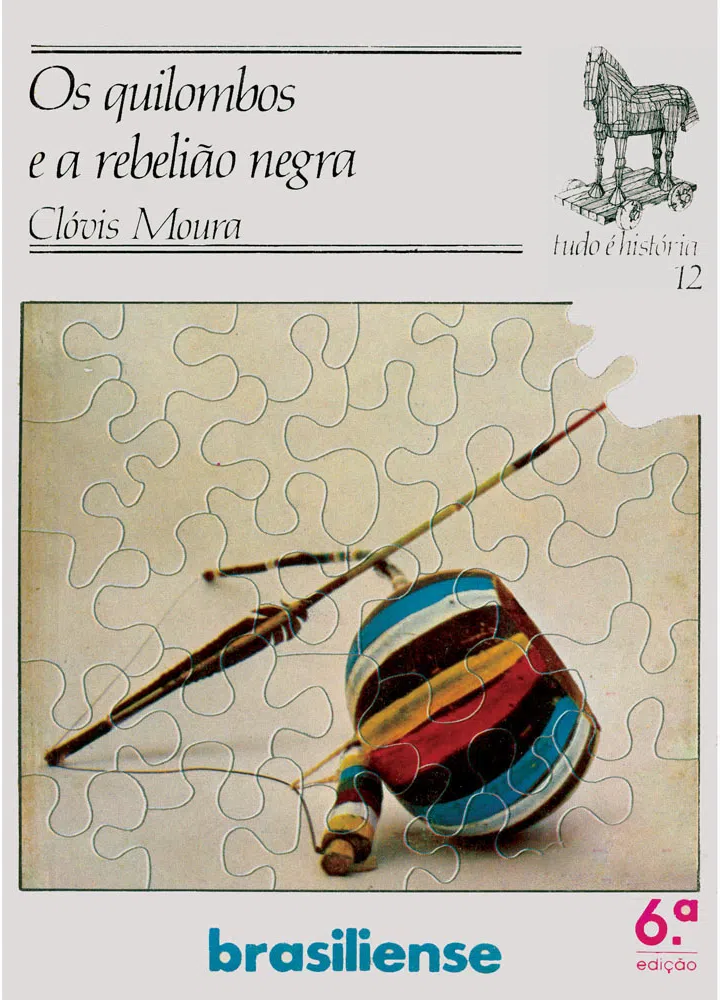
Books in series

A Luta Contra a Metrópole (Ásia e África)
1981

O Populismo na América Latina
1981
Mercantilismo e transição
2025

Os Quilombos e a Rebelião Negra
1981

Opulência e Miséria das Minas Gerais
1981

A Burguesia Brasileira
1981

Revolução e Guerra Civil na Espanha
1981

A Formação do 3º Mundo
1982
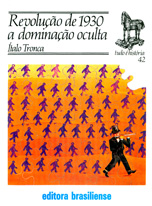
A Revolução de 1930
A dominação oculta
1981
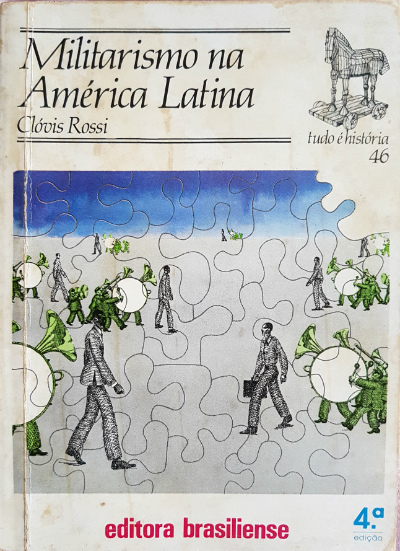
Militarismo na América Latina
1982

Bandeirantismo
Verso e reverso
1982

A Inquisição
1990
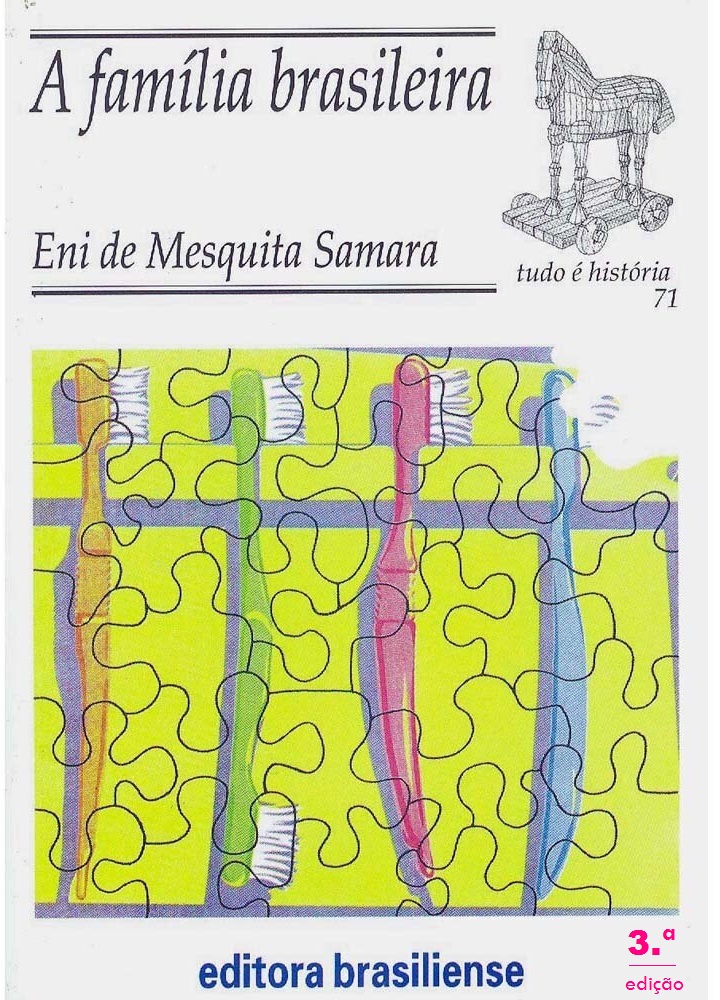
A família brasileira
1986
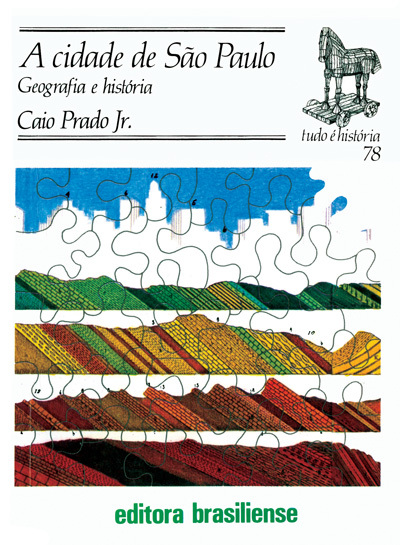
A Cidade de São Paulo
1983
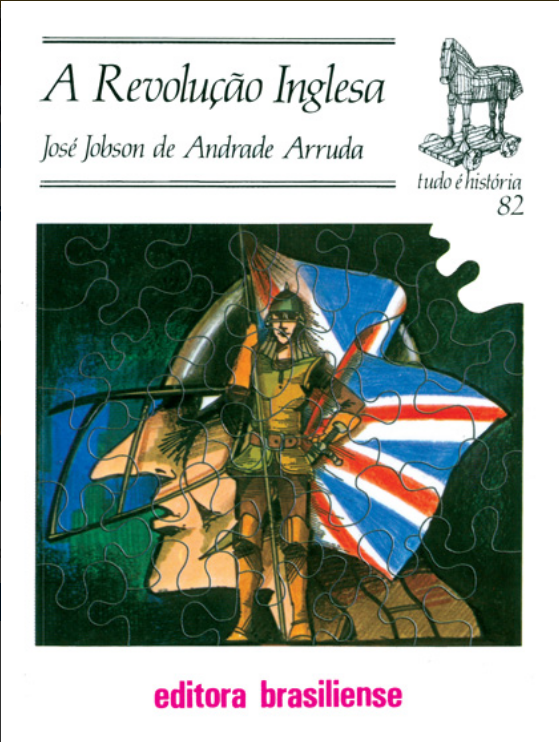
A Revolução Inglesa
1989
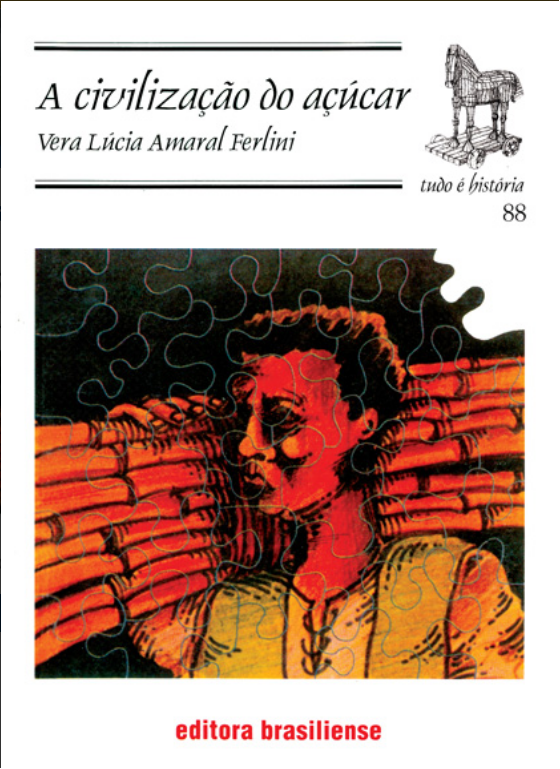
A Civilização do Açúcar
1984

A revolução Farroupilha
1985
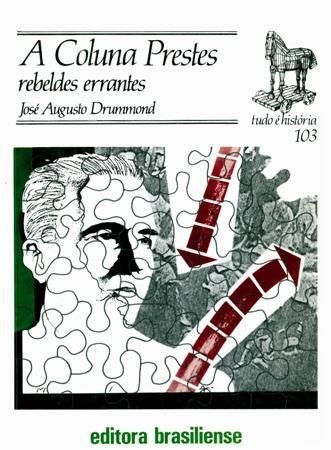
A Coluna Prestes
Rebeldes errantes
1981

O Barroco Mineiro
1988
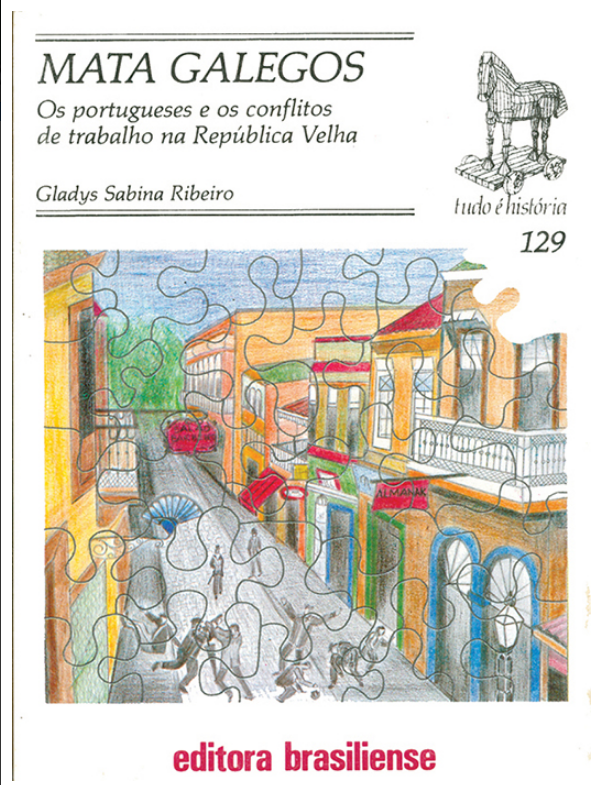
Mata Galegos
Os portugueses e os conflitos de trabalho na República Velha
1990
Authors

Anita Waingort Novinsky, Brazilian historian, graduated in Philosophy (1956) and PhD in History, both from the University of São Paulo (USP), specialized in the Portuguese Inquisition in Brazil, in the customs of crypto-Jews (Jews who practiced their faith and their customs in secret, for fear of religious persecution, while publicly practicing another religion) in this country and in the revival of their Jewish consciousness, 200 years after the end of the Inquisition in Brazil. Born in Stachow, Poland, Novinsky emigrated with his family at the age of one to Brazil. Specialized in Psychology by the University of São Paulo (USP) in 1958, she qualified in Racism in the Iberian World by the École des hautes études en sciences sociales in 1977. She obtained her doctorate in Social History from the University of São Paulo (USP) in 1970 and after -doctorate from the University of Paris I in 1983. She was the founder and president of the Intolerance Studies Laboratory at USP, and participated in the elaboration of the Portal Rumo Tolerância, awarded as one of the best sites on Human Rights in 2006. The Federal Rural University of Pernambuco has a chair that bears his name since 2015, belonging to the Department of Social Sciences. Novinsky is considered an authority on the subject of the Inquisition. In 2013, the National Council for Scientific and Technological Development awarded Novinsky the distinction of Pioneer of Science in Brazil in honor of its trajectory as a researcher. She is currently a Free Lecturer at the University of São Paulo and a Consultant to the National Council for Scientific and Technological Development. Acting mainly on the following themes: Colonial Brazil, New Christian, History, Inquisition, History of Brazil, Holocaust and Identity.

Caio da Silva Prado Júnior foi um historiador, geógrafo, escritor, político e editor brasileiro. As suas obras inauguraram, no país, uma tradição historiográfica identificada com o marxismo, buscando uma explicação diferenciada da sociedade colonial brasileira.



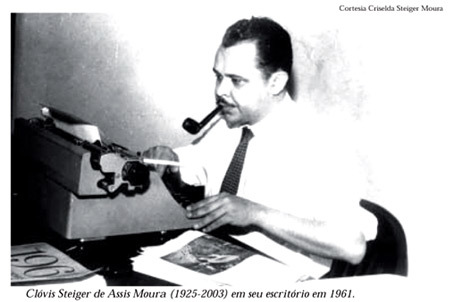
Clóvis Steiger de Assis Moura, better known as Clóvis Moura, was a sociologist, journalist, historian, and writer. In the book Clay of Memory, Clóvis Moura talks about his childhood in the countryside, the Rio Parnaíba and myths of Piaui's folklore, such as the legend of the Cuia de Cabeça. He was influenced by Marxism, having developed the Sociology of Black Praxis. Clovis Moura questioned Gilberto Freyre's view of black passivity in Brazil, highlighting the quilombos' resistance to slavery. In his research he dealt with the slave rebellion and the formation of the quilombos. Drawing on Marx's theory, he analyzed the class struggle in the slave system. For Clovis Moura, Brazilian slave society was subdivided into two antagonistic classes: slaveholders (ruling class) and slaves (dominated class). Slaves produced material goods and wealth while slaveholders owned property and the means of production. After abolition, slaves, despite having produced the riches that underpinned the Brazilian economy, were not entitled to property. He militated for the Brazilian Communist Party and, in 1962, in the split of the party, migrated to PCdoB. It stood out for its pioneering militancy in the Brazilian black movement. Collaborated with articles for newspapers from Bahia and São Paulo.
Jornalista com mais de 50 anos de carreira, trabalhou em três dos quatro grandes jornais do país: o O Estado de S. Paulo, a Folha de S.Paulo e o Jornal do Brasil. Foi editor-chefe do Estado de S. Paulo, participou de coberturas internacionais tanto por O Estado de S.Paulo como pela Folha, pela qual foi correspondente em Buenos Aires e Madri. Tem textos publicados produzidos em todos os cinco continentes, incluindo extensas coberturas de transição do autoritarismo para a democracia: na Argentina, Bolívia, Brasil, Chile, Uruguai, Paraguai, toda a América Central, Espanha, Portugal e África do Sul. Ganhou os prêmios jornalísticos Maria Moors Cabot, concedido pela Columbia University, e o prêmio pelo conjunto da obra da Fundação para um Novo Jornalismo Iberoamericano, que recebeu das mãos do criador da Fundação, o Nobel Gabriel Garcia Márquez. É cavaleiro da Ordem do Rio Branco, conferida pelo governo brasileiro por decreto do então presidente Luiz Inácio Lula da Silva. É também cavaleiro da Ordem do Mérito, atribuída pelo governo francês, durante a presidência de François Hollande.